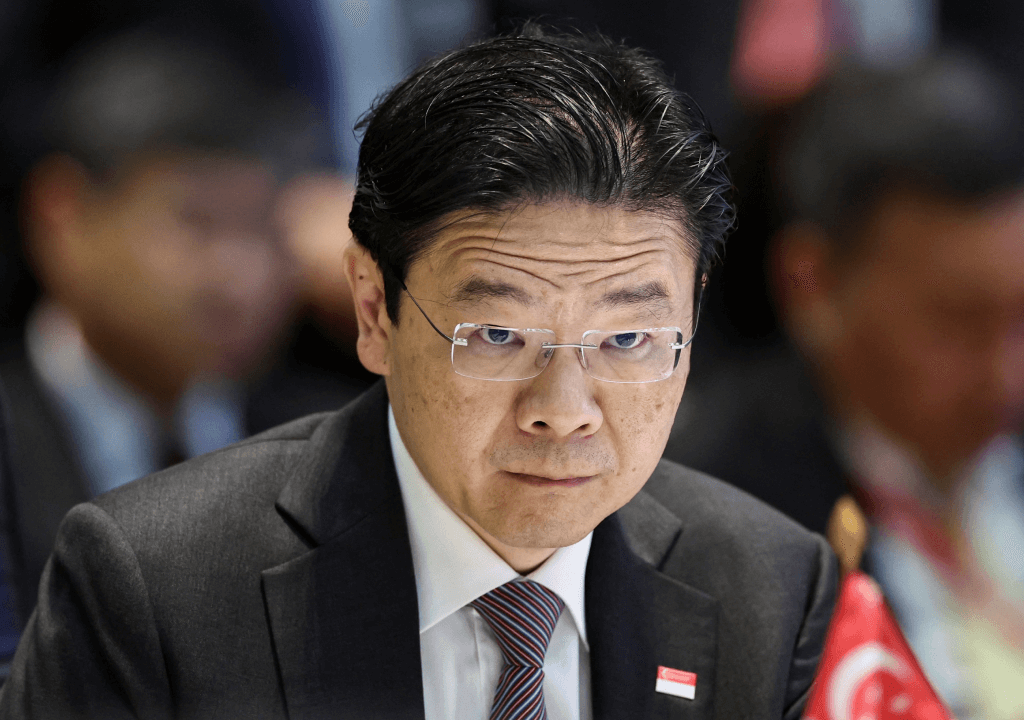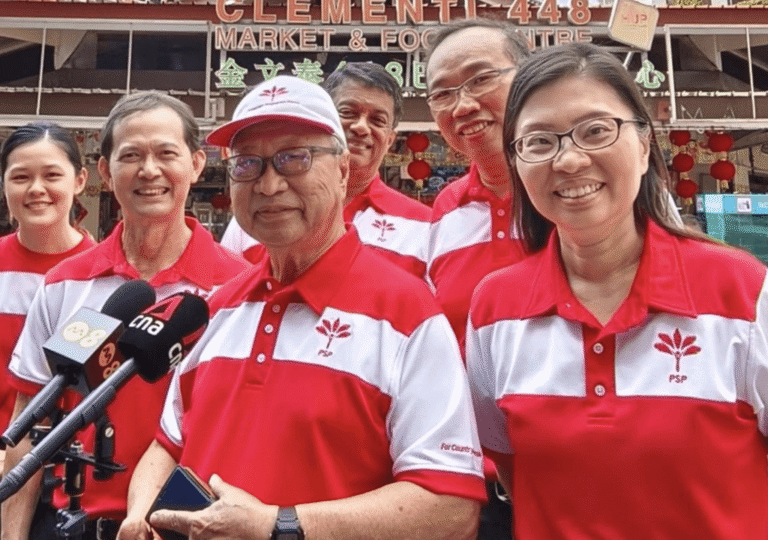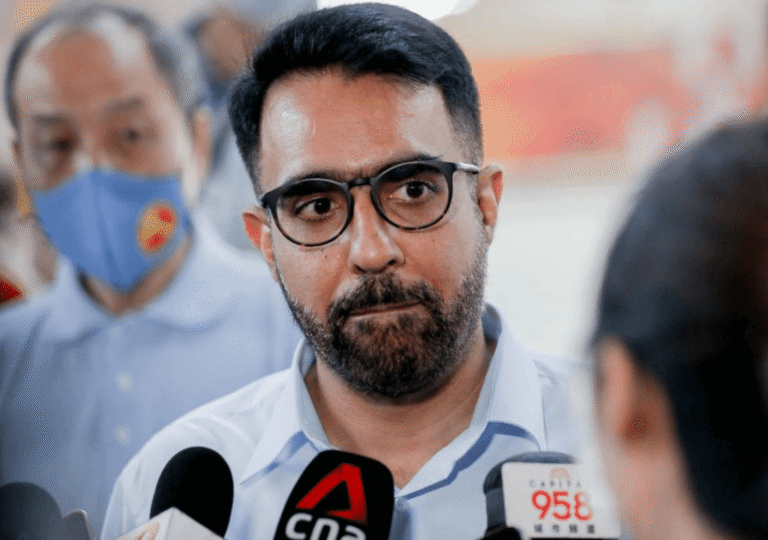Singapore’s PAP has long been synonymous with the country’s politics, and the city-state’s political landscape is deeply intertwined with this grand old party. Since the first general election in 1963, PAP candidates have consistently won in an almost monopolistic manner, maintaining their hold on the prime minister’s position since the country’s founding. However, recent elections have shown signs of change. Although the PAP remains strong, the opposition is gaining ground, and the leadership transition to the new Prime Minister, Lawrence Wong, for the first time since 2006 brings new challenges. Wong, an outsider from the country’s established political dynasty, will be tested in the upcoming general election scheduled for 2025. Even if the party wins, a poor performance would be a significant setback for him. As a result, Prime Minister Lawrence Wong now faces mounting pressure to reform the city-state’s ruling party in order to retain his position and maintain the party’s grip on the populace, especially in light of the Iswaran scandal and other issues that have negatively impacted the party.
In November, the People’s Action Party (PAP) will renew its Central Executive Committee members as their two-year term ends, potentially paving the way for Wong’s ascension. This transition would position 51-year-old Wong at the helm of the party, ready to lead its campaign for the general election that Singapore must hold by November 2025. Despite Wong’s historic appointment as prime minister in May, former Prime Minister Lee Hsien Loong, the son of Singapore’s founding leader Lee Kuan Yew, continues to serve as the party’s secretary-general, its highest-ranking position. Wong has held the role of deputy secretary-general since 2022, and traditionally, the party head and the prime minister are the same person. Political analysts emphasize that the PAP does not have any rules requiring the prime minister to also serve as secretary-general, allowing Lee Hsien Loong to maintain his position as long as the party desires. However, this arrangement could create dual centers of power and foster public perceptions that the lack of a leadership transition within the party reflects limited confidence in Wong’s leadership among PAP members.
Prime Minister Wong, a member of the newest generation of PAP leaders, is pushing for reform in every sector. In late August, he attended a conference as the guest of honor to celebrate the 35th anniversary of the PAP Women’s Wing and advocated for advancing gender equality in Singapore. In his speech, Wong addressed the historical male dominance within the PAP and promised to promote greater gender inclusivity. He committed to including more women candidates in the upcoming election. Currently, his slate includes only 3 women out of 19 membered cabinet, a notably low number in a country where women are highly educated and active in the workforce. Although Singapore is modern in many aspects, it still adheres to traditional customs that can appear outdated in today’s world. Speaking about gender equality in this context can seem revolutionary.
Critics often view the PAP as an elite group disconnected from ordinary citizens, partly because its members earn substantial salaries that far exceed the wages of most Singaporeans. While Wong has not directly addressed this criticism, he expressed his intention to strengthen connections with the public and emphasized the importance of greater transparency in governance. He stated that promoting accountability and transparency, openly discussing policy decisions, clearly explaining them, and taking responsibility for outcomes can help counter perceptions of arrogance. PAP leaders have defended high salaries for political officeholders as necessary to attract talent and prevent corruption. However, the party’s commitment to clean governance has faced scrutiny following a bribery scandal involving S. Iswaran, the former transport minister, who was charged and sentenced to a year in prison in October.
As winning the general election is no longer as straightforward as before, Prime Minister Wong will likely implement more changes within the party to regain public support. The unconventional Wong, who is adept at using social media, is expected to tighten his control over the party while working to present a more approachable image. With Singapore’s election drawing closer, Prime Minister Wong called for a major policy reset during the National Day Rally in August, an event considered the prime political platform for outlining his vision for the country. This reset is essential for Wong and the PAP, as their prolonged time in power has diminished their ability to effectively mobilize grassroots support.







